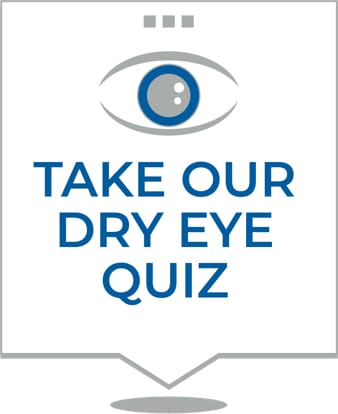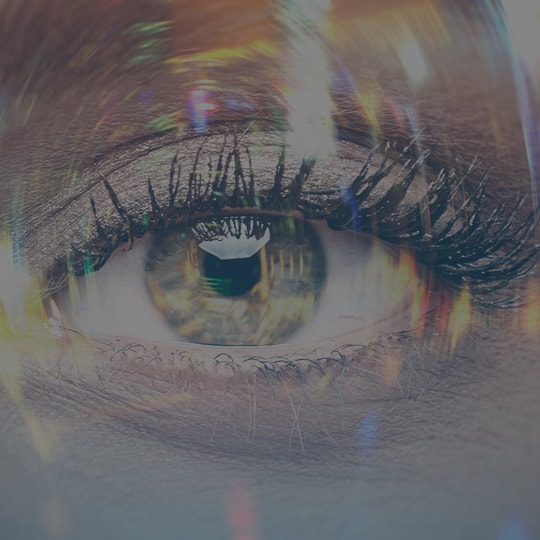What Can Cause Dry Eyes?
To treat your dry eyes effectively, we need to dive into what is causing your symptoms. Some of the most common causes can include:
Medical conditions like rheumatoid arthritis and diabetes can factor into dry eye development. Please advise your ophthalmologist of any medical conditions that you might have when you come in for an assessment.
Medications can cause dry eyes. Certain medications like antihistamines, oral contraceptives, and antidepressants may all lead to dry eyes. Please let your ophthalmologist know what medications you might be taking, as these may be a factor in your symptoms.
Your eyes can become dry if your the small meibomian glands along your eyelid margins are found to be blocked, damaged, or inflamed. Meibomian gland dysfunction (MGD) is a very common cause of dry eye disease. We can diagnose MGD and offer multiple treatment strategies.
Wind or dry air can also cause dry eyes. Depending on the severity of your symptoms, your ophthalmologist may recommend medications or environmental changes like adding a humidifier to your home or office.
When we focus heavily on a task such as looking at a computer, we may decrease our blink rate. Our team of dry eye experts can offer different tips and tricks to help increase your blink rate when you are performing focused tasks like reading or computer work.
According to research, the chances of developing dry eyes increases after the age of 50, with chances rising every five years. Studies have also found women to be more susceptible to developing dry eyes than men.







